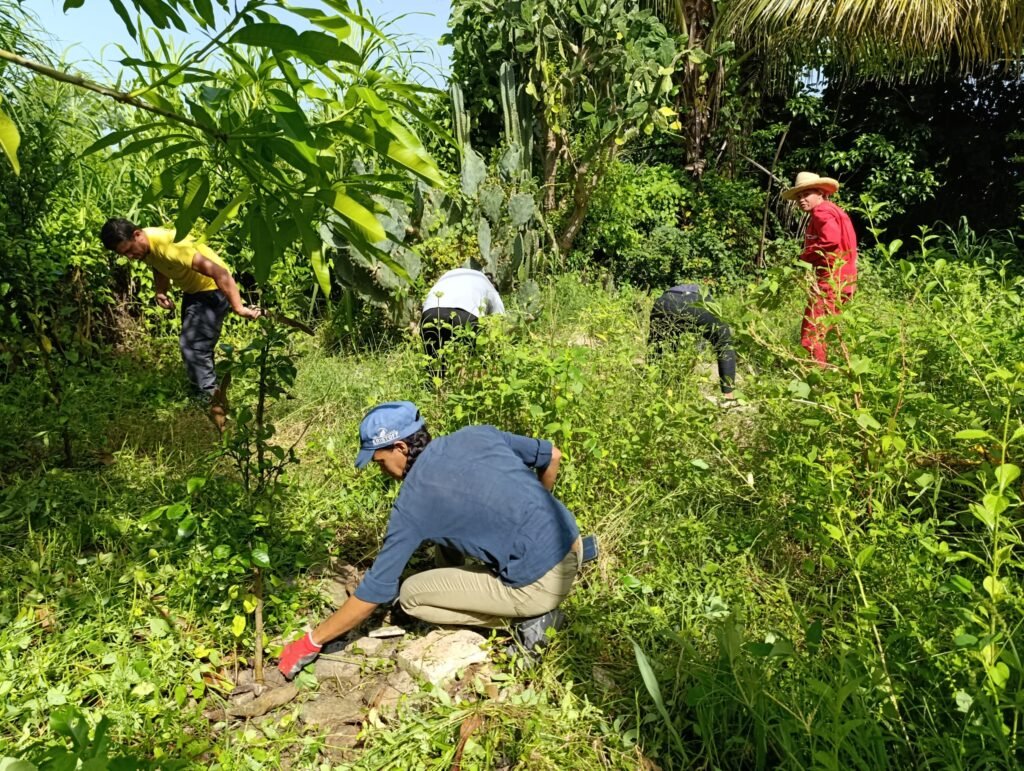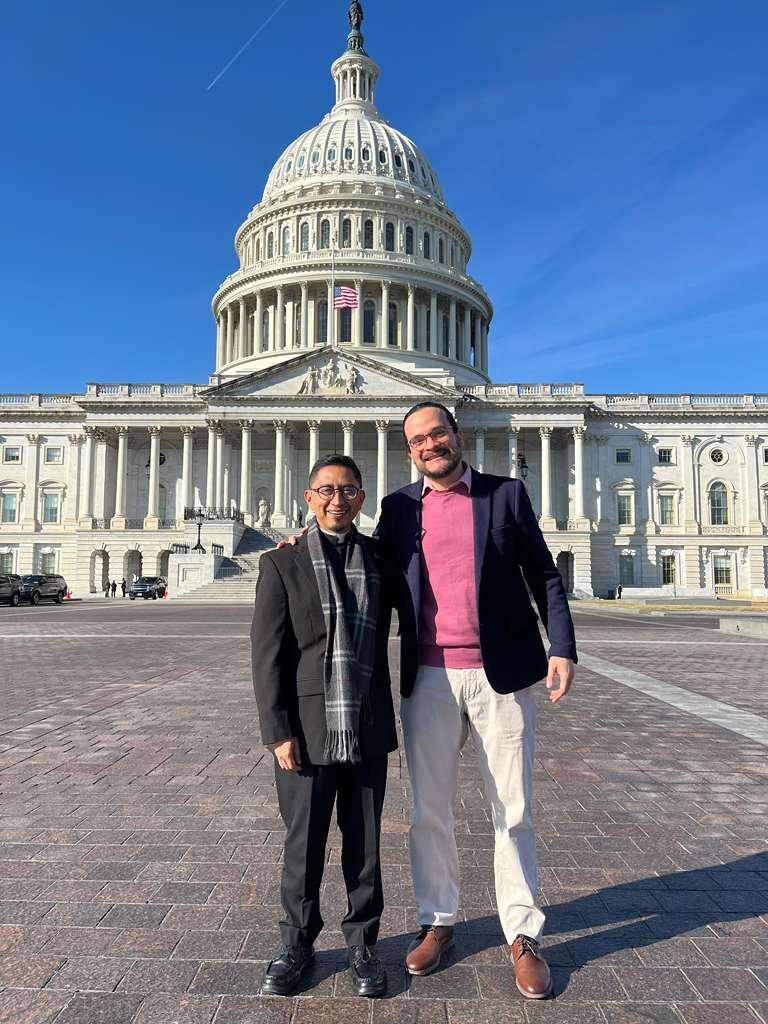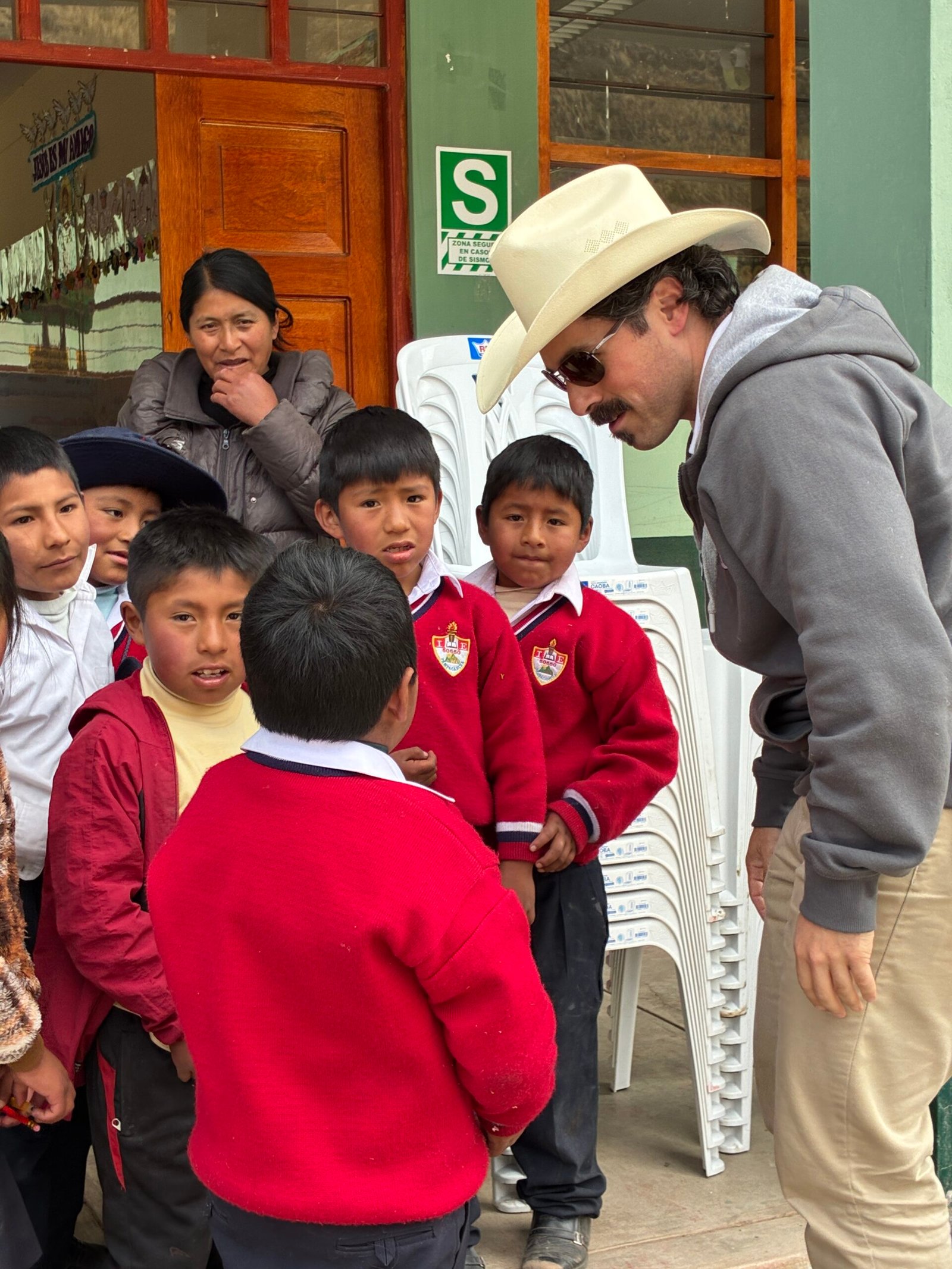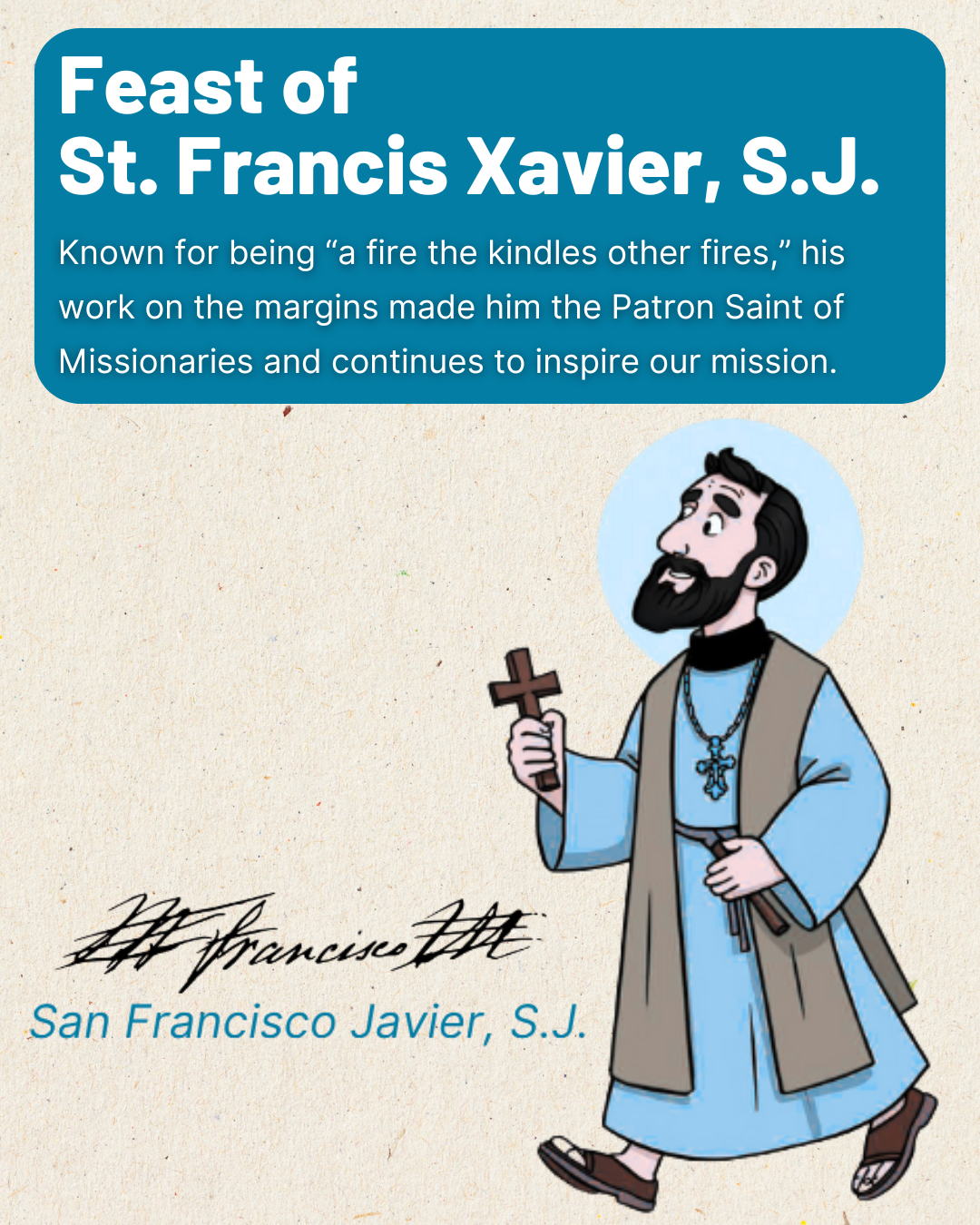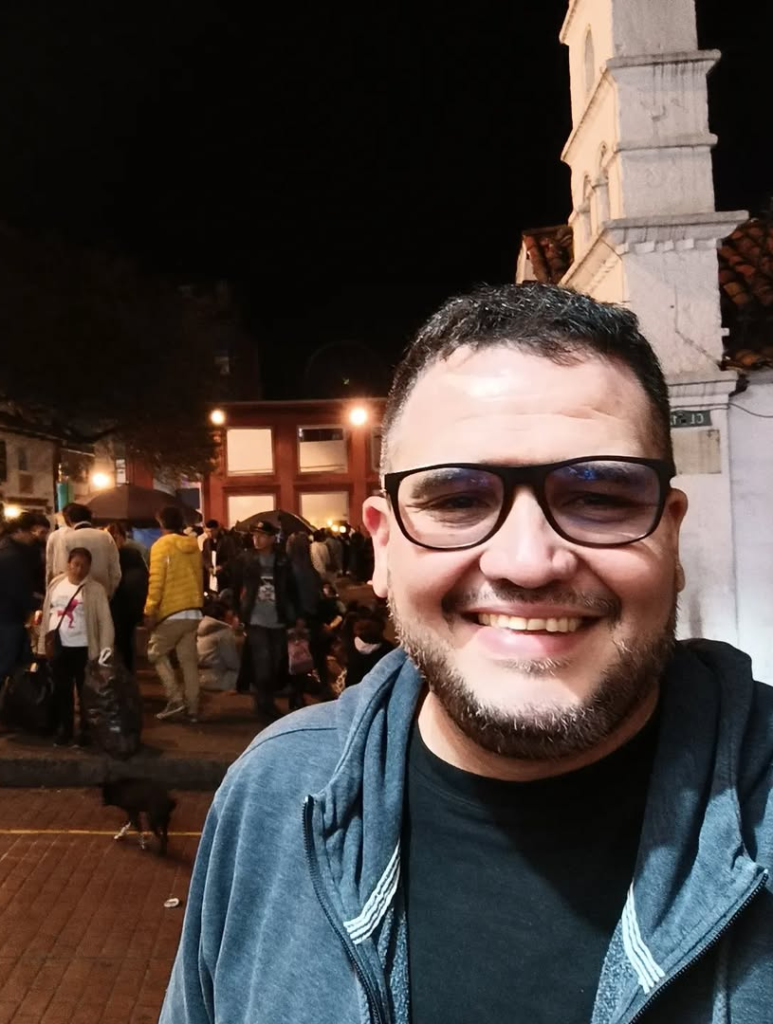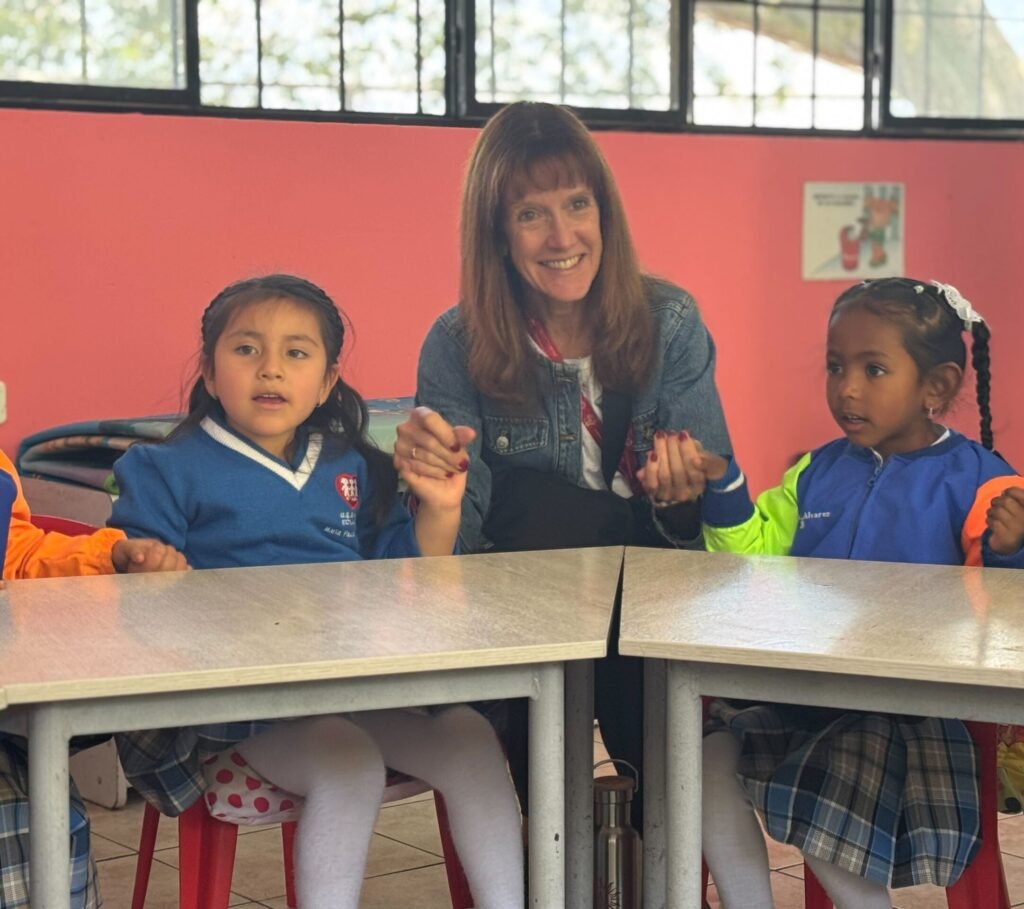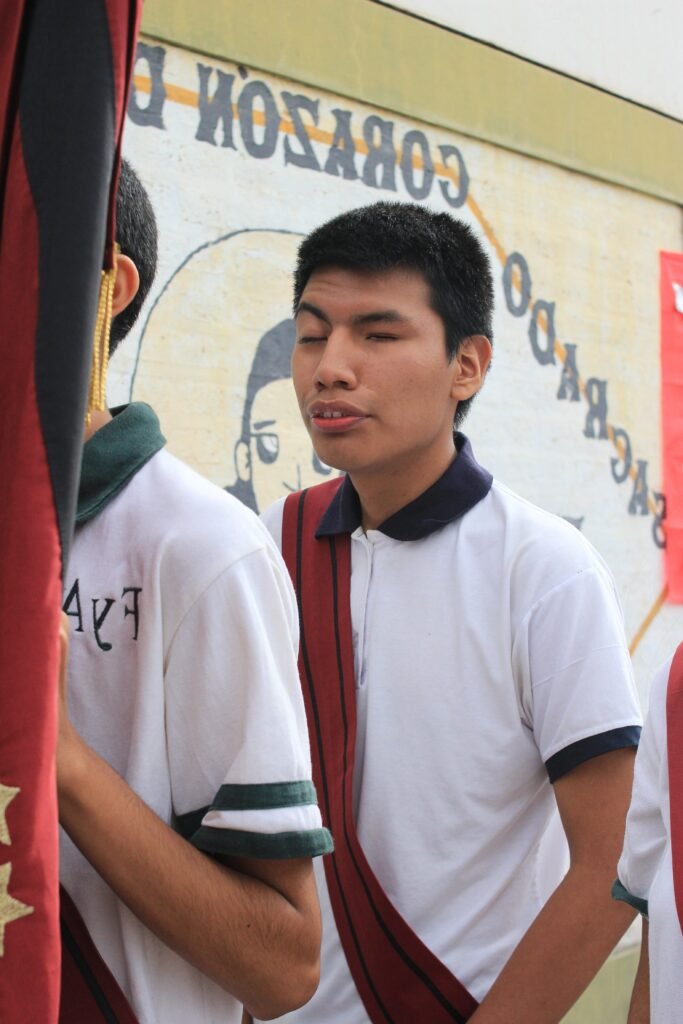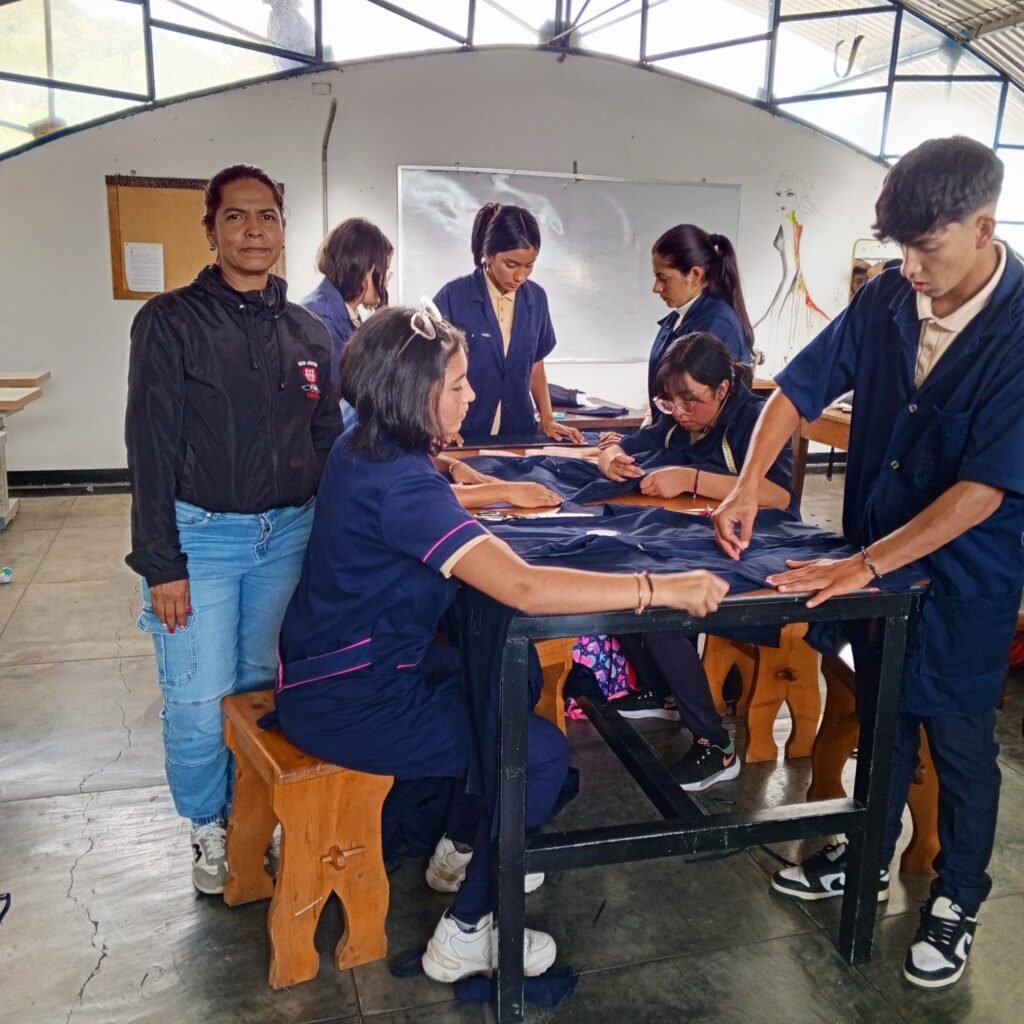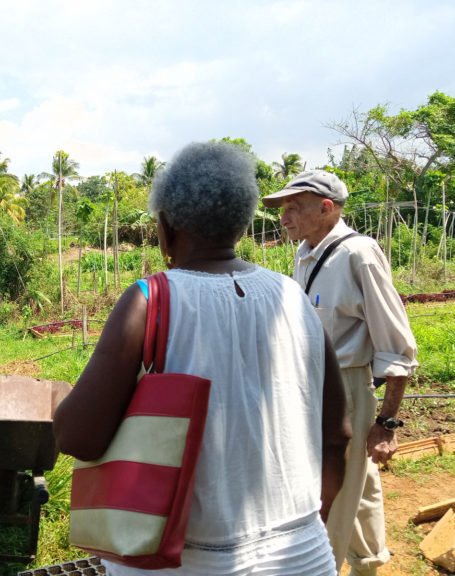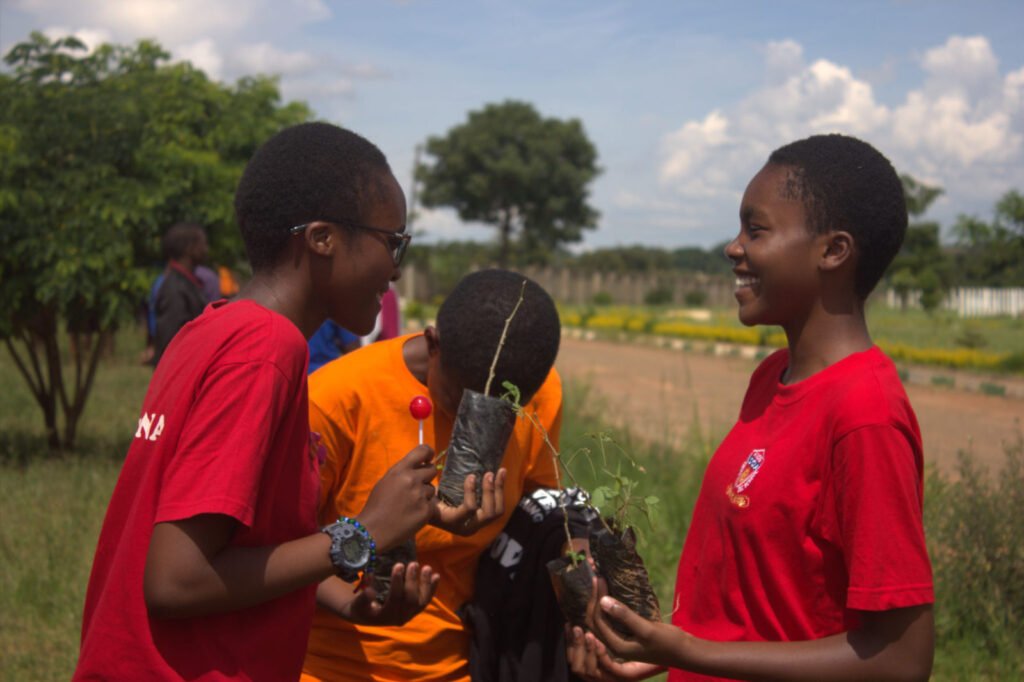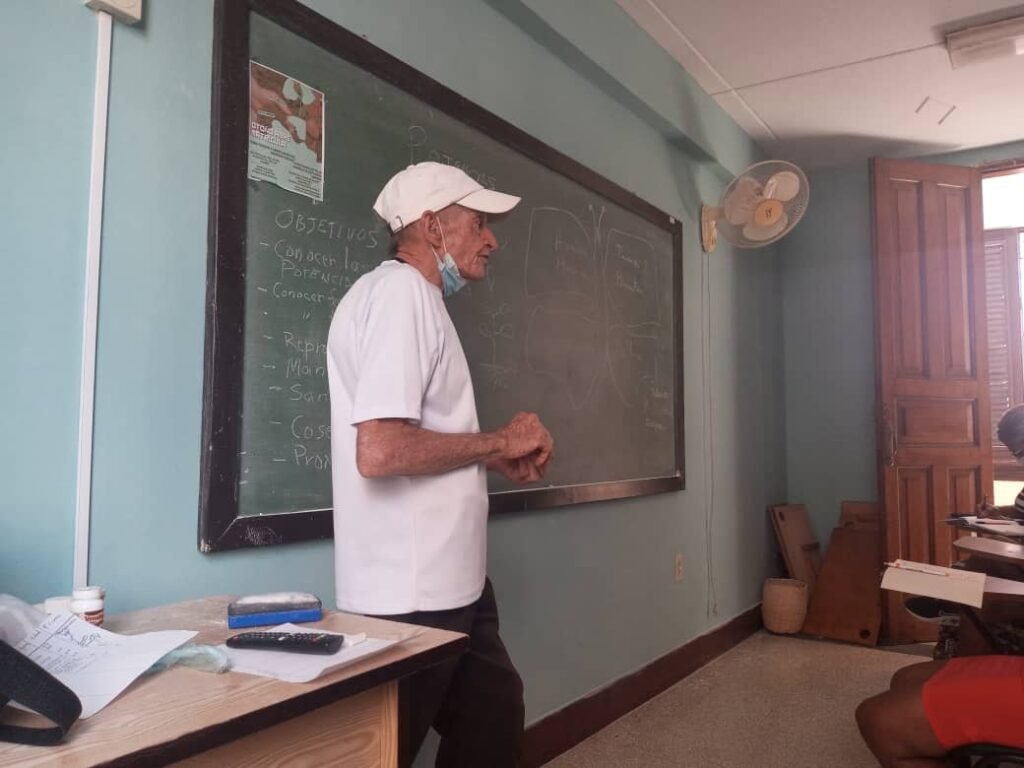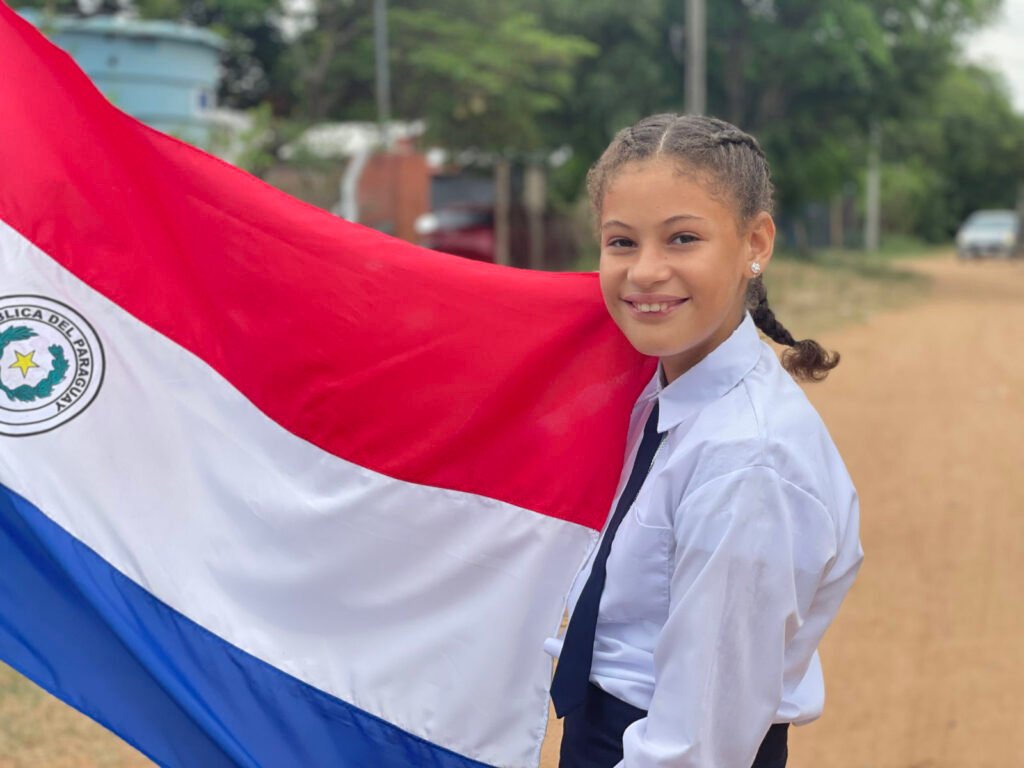In 2025, the world will gather in Belém, Brazil, for COP30, a climate meeting that will bring global leaders to the heart of the Amazon, a place where the Earth breathes, suffers, and hopes. Luiz Inácio Lula da Silva, President of Brazil, has expressed his desire that COP30 “show the forest to the world” and highlight the local efforts to protect it. Yet, beyond the statistics and negotiations, this encounter offers us a deeper spiritual call: to conversion, compassion, and communion with all creation.
From Laudato Si’ to Laudate Deum – Our Shared Responsibility
Eight years after Laudato Si’, the late Pope Francis warned in Laudate Deum that “the world in which we live is collapsing and may be nearing the breaking point.” He named what many communities already knew: the wounds of the earth were the wounds of the poor. The impact of climate change (loss of livelihoods, forced migrations, and rising health crises) is felt first and most deeply by those who have contributed least to it.
For Jesuits and their partners around the world, this is not only a matter of policy, it is a matter of faith and justice. The Ignatian call to “find God in all things” invites us to recognize the Creator’s presence in rivers, forests, and faces. It challenges us to see ecological conversion as a spiritual journey that reorders our desires and reawakens our sense of belonging. As Pope Francis reminded us, “authentic faith not only gives strength to the human heart, but also transforms life, transfigures our goals, and sheds light on our relationship to others and with creation.” In this sense, COP30 is not just a diplomatic moment, it offers us an opportunity for spiritual renewal. It invites particularly believers to integrate contemplation and action: to pray with the creation, to act for justice, and to accompany the vulnerable who stand at the frontlines of environmental collapse.
“Authentic faith not only gives strength to the human heart, but also transforms life, transfigures our goals, and sheds light on our relationship to others and with creation.
Laudate Deum, 61
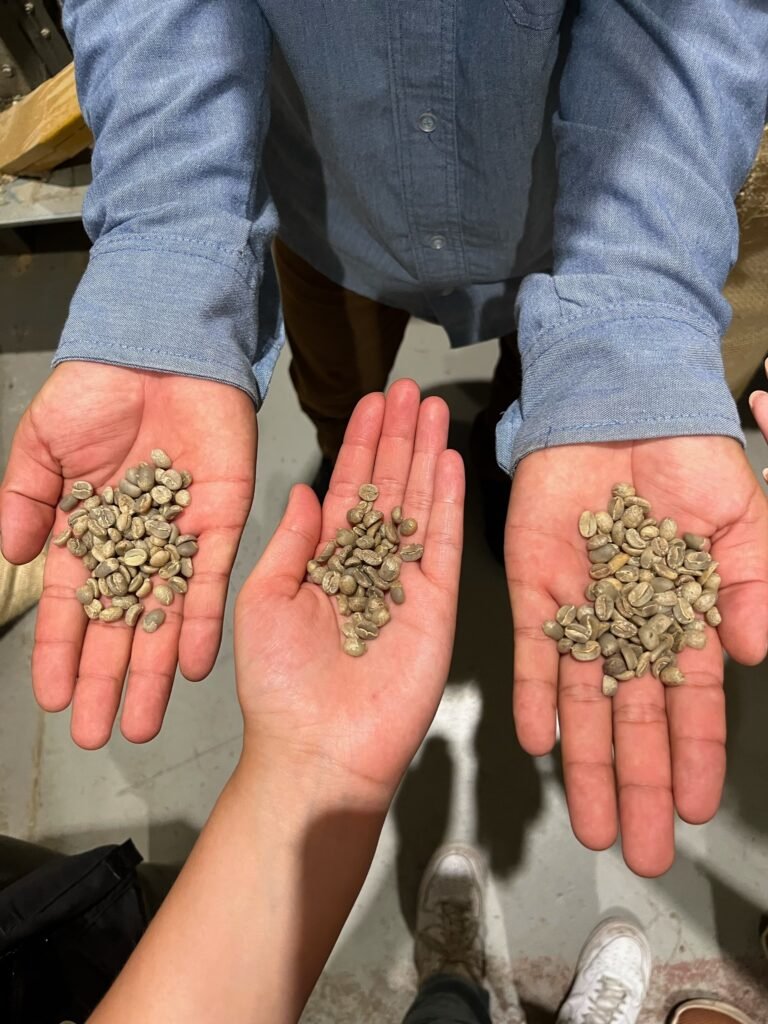
Thus, to work for the common good is to “agree today that the earth is essentially a shared inheritance, whose fruits are meant to benefit everyone.” This includes clean water, breathable air, fertile soil, and stable communities. When any of these are violated, so too is our shared humanity. For American Jesuits International, the commitment to environmental sustainability is already a priority. In Chiapas, Mexico we are supporting communities that produce organic and sustainable coffee, honey, and soap in an effort to transform the lives of their members while preserving the cultural heritage of the region. In La Montagne and Arreguy, Haiti we are working with Foi et Joie (Fe y Alegría, in French) to improve local livelihoods through goat rearing workshops and livestock distribution, programs which are sustainable in the harsh environment but also provide income to help keep students in school. These humble acts form a network of hope, proof that ecological conversion begins not in conference halls, but in daily gestures of solidarity.
Walking with Creation
Laudate Deum called humanity to renew the spirit of Laudato Si’: to move from awareness to action, from despair to hope, from individual concern to collective commitment. Our task is not only to “save the Earth,” but to allow God’s creation to renew our hearts and communities. The Amazon, like so many threatened places on Earth, is a reminder that creation is not an object to possess, it is a covenant to protect. As COP30 approaches, let it be a kairos moment (a time of grace), to rediscover that to care for our common home is to care for one another, and to walk humbly with the Creator who “saw that it was very good (Gen1:31).”
